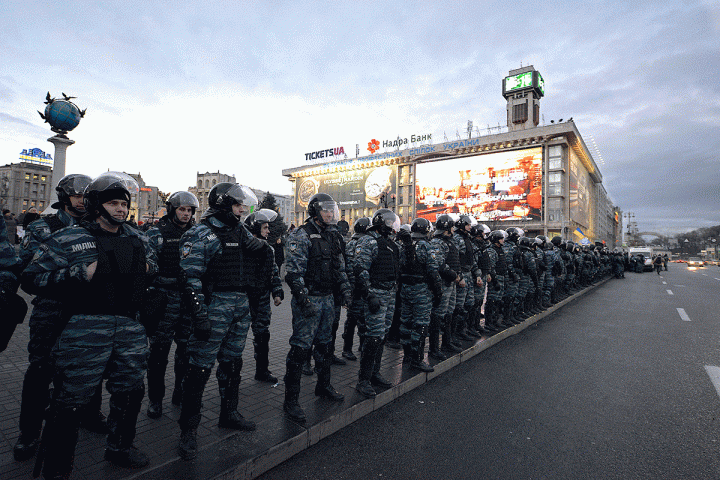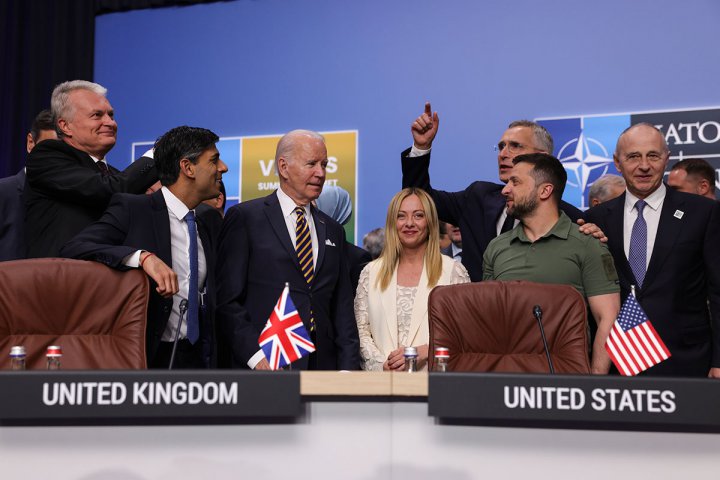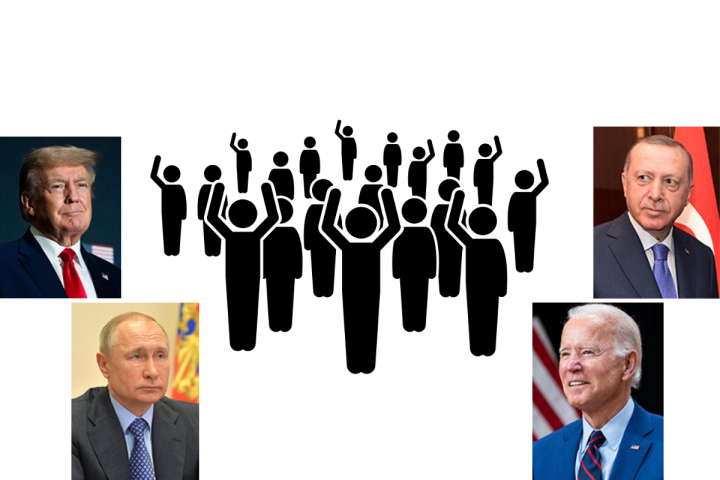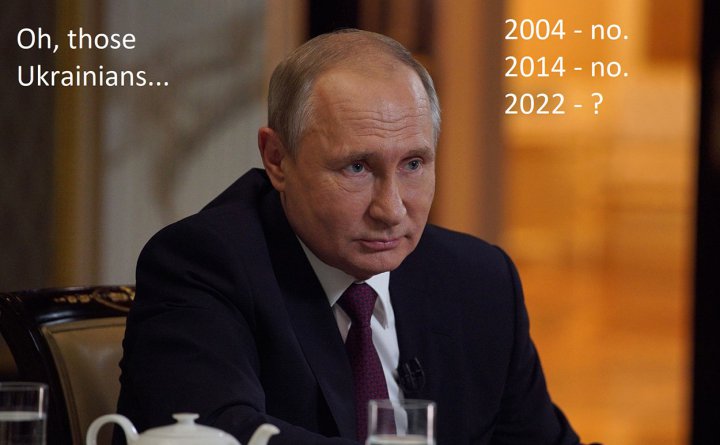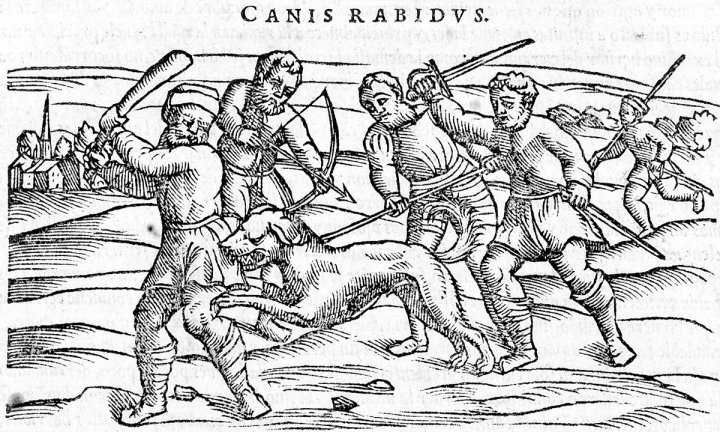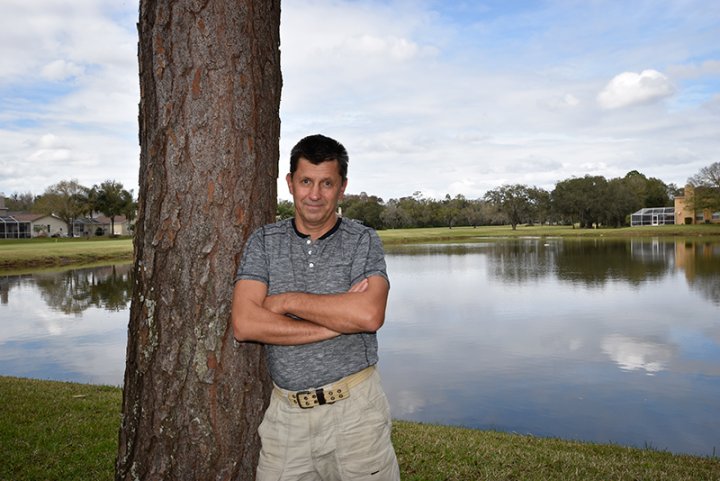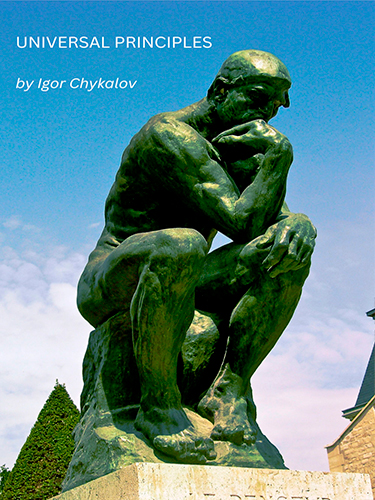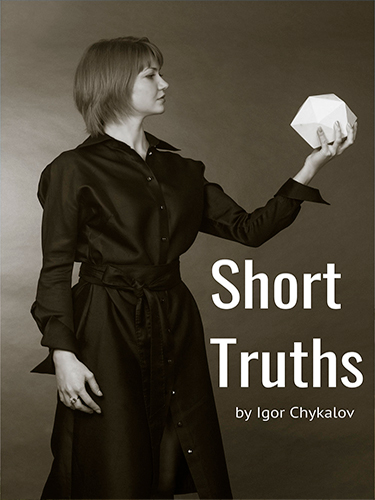Hopeless Ukraine (part 5, excerpt)
Authorities must know and respect the opinion of their people.
And the people must have that opinion and be able
to convey it to their authorities which is always hard.
And the people must have that opinion and be able
to convey it to their authorities which is always hard.
After I left Ukraine, a lot of water has flown under the bridge. Miracle hasn’t happened, the degradation of the country kept on, and the process took entirely ugly turn after a former criminal Viktor Yanukovych became a president of the country in 2010.
I no longer lived in Ukraine, but surely followed the events there. A lot of different things happened over the years so I would focus just on the main points of Ukraine's recent history in the following articles.
----------------------------------------------------------------
In 2010 “Donetsk” clan came to power in Ukraine - a former criminal and ex-Prime Minister Viktor Yanukovych became a President of the country. And he won the election quite fairly against the country's current Prime Minister and Orange Revolution heroine Yulia Tymoshenko who complained later about the election fraud. It was interesting to listen to the complaints of the country's Prime Minister about the election who had to organize and conduct that election.
Viktor Yushchenko, the incumbent president of Ukraine and the “hope” of the Orange Revolution, received shameful 5% of the vote.
……….
You have read an excerpt from the article. The complete series of articles "Hopeless Ukraine" will be available for purchase as a separate book on my website becomethyself.com in a while.
Comment
✚ Add comment
